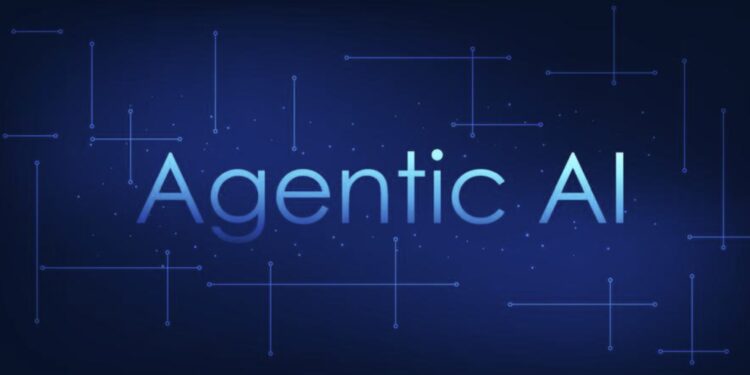A quiet revolution is underway in the world of artificial intelligence, as early adopters of generative AI (Gen AI) are rapidly moving to integrate the next frontier: agentic AI.
This evolution signifies a shift from AI that merely generates content to systems capable of autonomous decision-making and goal-oriented action, promising to redefine business operations and unlock unprecedented levels of efficiency and innovation.
A recent report by Capgemini Research Institute reveals that among organizations already leveraging Gen AI, a significant 30% have now integrated AI agents into their core operations.
This trend is expected to accelerate, with agentic AI projects projected to rise by 48% by the end of 2025. Industries top this charge include high tech, industrial manufacturing, consumer products, energy & utilities, and pharma & healthcare, demonstrating the broad applicability of these advanced AI systems.
Unlike traditional AI that reacts to prompts, agentic AI systems are designed with “agency”, the capacity to act independently and purposefully. They combine the content creation power of large language models (LLMs) with the ability to perceive their environment, reason, set goals, and execute multi-step tasks with minimal human oversight.
This means AI can now not only draft a marketing campaign but also, for example, autonomously manage aspects of its execution based on real-time market feedback.
The benefits are proving to be substantial. Early adopters are reporting significant improvements in operational efficiency, reduced errors, enhanced customer satisfaction, and considerable cost savings.
Agentic AI can automate complex workflows, optimize supply chains, personalize customer experiences at scale, and even drive strategic decision-making by analyzing vast datasets and identifying actionable insights.
However, the journey to full agentic AI integration is not without its challenges. Issues such as ensuring transparency and explainability in AI decision-making, addressing potential biases in training data, and developing robust security and compliance frameworks are critical considerations.
Companies are also grappling with the need for workforce transformation, as human roles evolve from direct execution to oversight, collaboration, and strategic alignment with AI agents.
Despite these hurdles, the momentum is clear. The integration of agentic AI is poised to elevate the role of AI from a productivity tool to a proactive, intelligent collaborator, fundamentally reshaping how businesses operate and create value.
As organizations continue to build strong data foundations and foster trust in these autonomous systems, the full potential of agentic AI promises a future where operations are not just automated, but truly intelligent and adaptive.










![Online Scam Cases Continue to Rise Despite Crackdowns on Foreign Fraud Networks [Myanmar] Online Scam Cases Continue to Rise Despite Crackdowns on Foreign Fraud Networks [Myanmar]](https://sumtrix.com/wp-content/uploads/2025/06/30-12-120x86.jpg)




